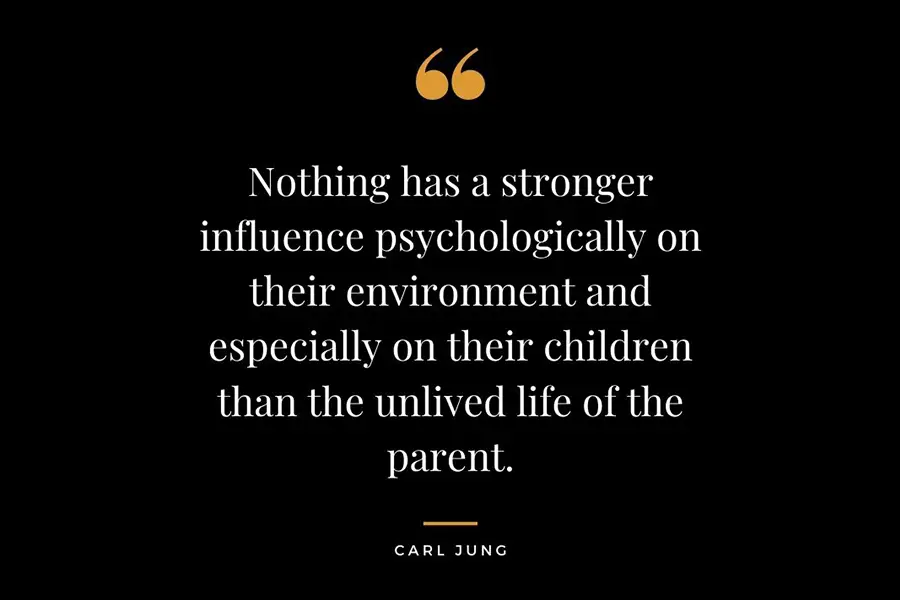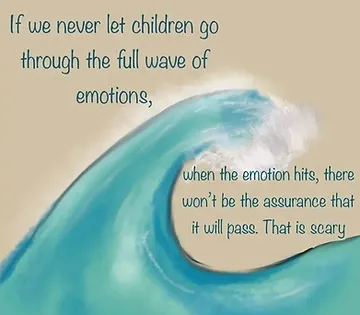
Hey, we all know that parenting is no joke...it's a big project in the works. No matter, how long you have been at this job, there is always so much more to learn. This blog shares insights on why and how to avoid being an overprotective or a helicopter parent.
Overprotective parenting, also known as helicopter parenting, is a style in which parents always try to be involved in all aspects of their child's life, a way to not only support but also control. Parents demonstrate a strong desire to protect their children from their perceptions of an unfair and cruel world. They try to protect their children from everything and everyone. These parents tend to be overly involved in their children's lives and micromanage their children's every move and decision.
AllzWellEver believes in "Prepare & Not Repair". This blog is not advocating to irrationally "toughen" children. It urges a secure connection that builds self-esteem and resilience in children to endure life.

AllzWellEver believes in "Prepare & Not Repair". This blog is not advocating to irrationally "toughen" children. It urges a secure connection that builds self-esteem and resilience in children to endure life.
A study examining anxiety and co-occurring behavioural symptoms in children, published in the Journal of Affective Disorders, found that "maternal overprotective parenting was significantly higher in the group of children with behavioural disorders." Despite the parents' intention to live the best life they can offer their children, they unwittingly inflict low self-esteem and self-doubt on their children. A growing body of research shows that children of overprotective parents are risk-averse, have difficulty making decisions, and lack the resources to succeed in life. They are ill-equipped to adapt, have a very low tolerance for frustration, and break down at the first sign of a problem.
Carl Jung in his Theory of Personality poses this very potent question. Parents can ask themselves, "Am I doing this for my child, or am I really doing this for me?" While trying to micromanage, “Am I doing something that my child can manage himself?”
Let children make age-appropriate decisions. Make children responsible for their actions and aware of the consequences of their decisions. Give them lots of opportunities to learn from their mistakes and clearly communicate your unflinching support. Share your fallibility stories with them.

Support them to gain self-awareness and develop self-confidence along with emotional self-regulation. Be consistent with exhibiting your unconditional love and acceptance. Encourage them to solve problems and discuss different sides of a story. Reassess your attitude and avoid unrealistic expectations of perfection.
It's not easy, parents. So, please stay connected with your support system and seek help to improve your parenting skills. Remember to prioritise your self-care because your children learn better with their eyes.

After all, parenting is the ultimate ongoing endeavour!For
more information on this topic, click the link below to
watch a video.
https://www.youtube.com/watch?v=JesAYtXqEuA